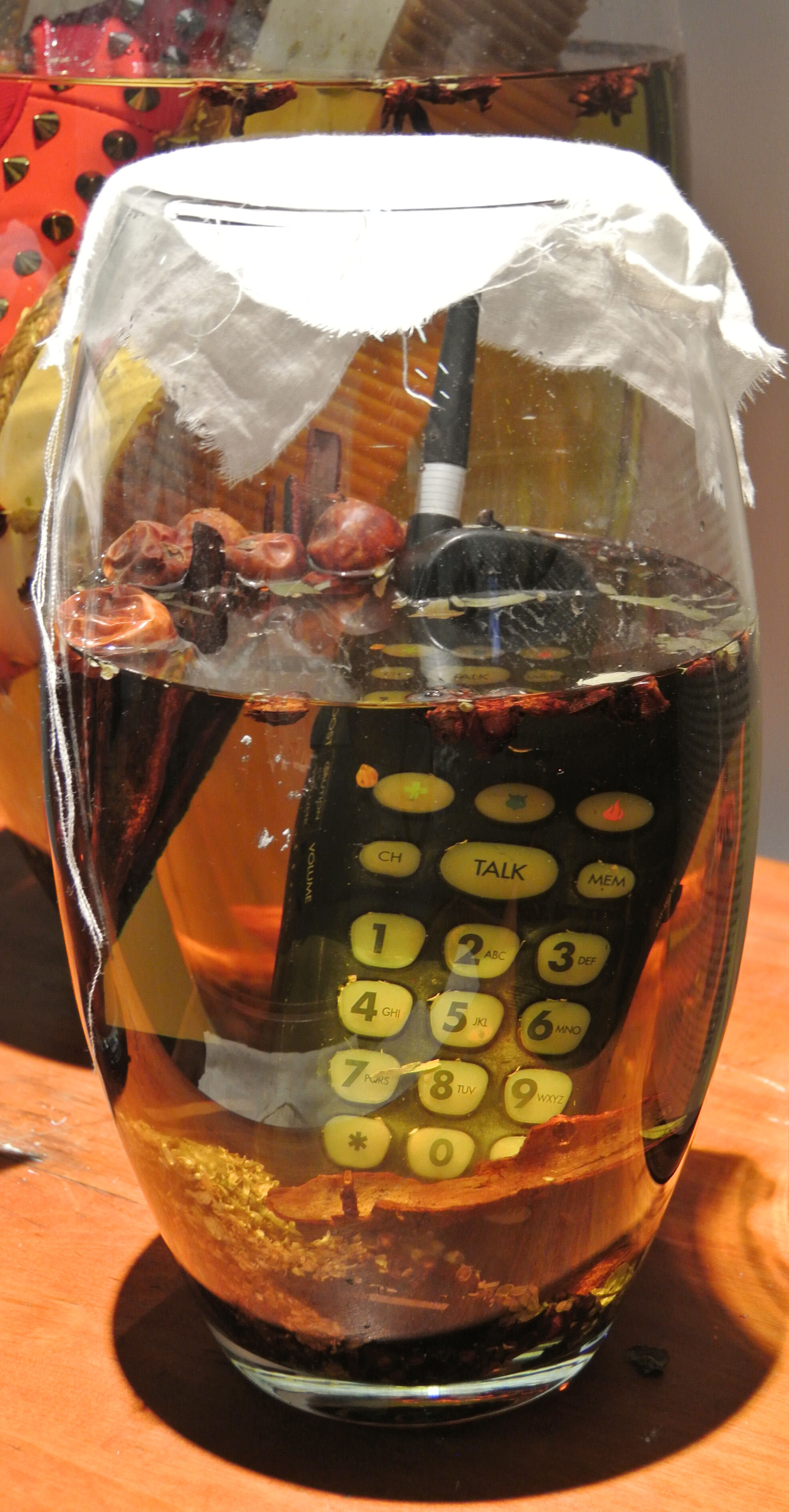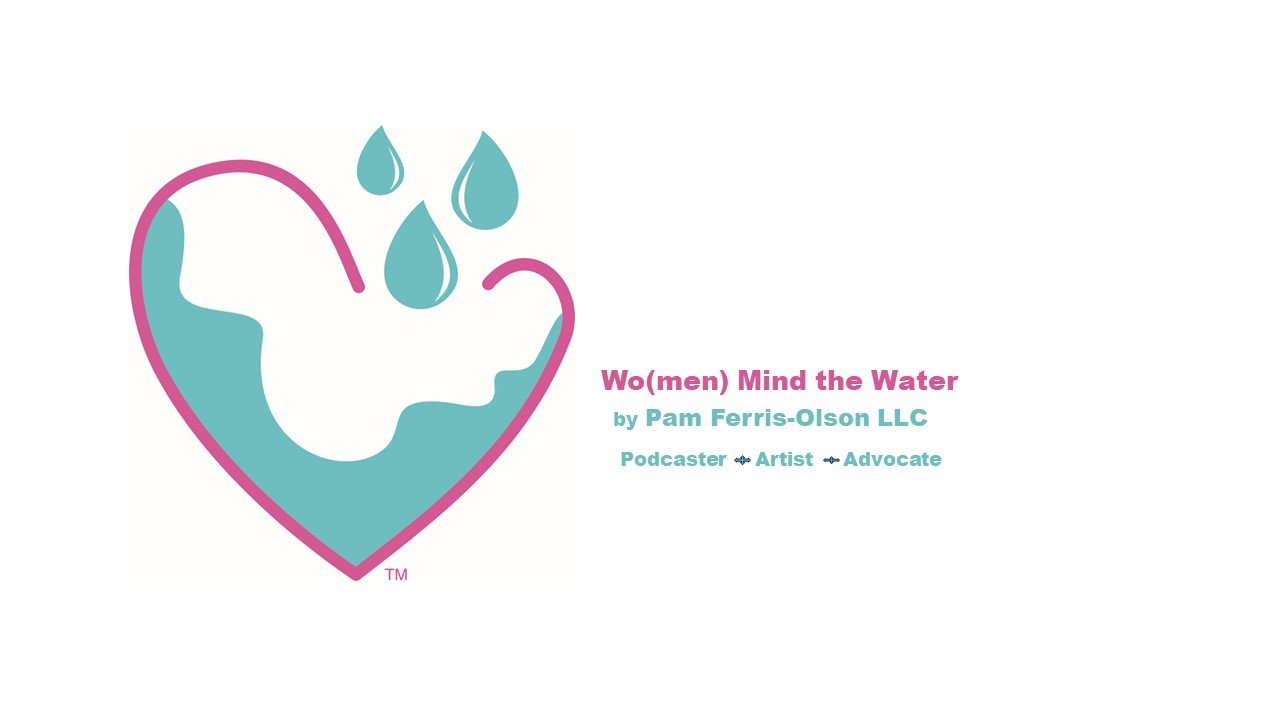
News and Updates
This section features stories that highlight how remarkable yet fragile the ocean is. It also speaks to the connection between humans and the ocean and our responsibility to protect it.
Stories, unless otherwise noted, are written by Pam Ferris-Olson, PhD. Pam has studied ocean creatures, worked in communication, and, as founder of Women Mind the Water, focuses on the relationship between humans and water. Her Wo(men) Mind the Water Artivist Series explores the work of artivists (artists +activists) and their impact in influencing change.
A worldwide shortage of sand
Our planets seems awash with sand with the stretches of sandy beaches along the coastlines and the vast expanses of inland deserts. Sand, however, is not an unlimited resource when a particular type of sand is used to make construction materials and required for the nourishment of beaches eroded by storms and wave action. Point of fact, coastal sand is in such high demand that it is second only to water as the most used natural resource in the world. Women Mind the Water posted A worldwide shortage of sand to explore this topic.
November Update
What’s new this November? New podcasts, new ocean news, new handles on YouTube and Mastodon.
Women Mind the Water, An Update for August
Our next podcast will be our 50th! We are grateful to all our past guests for their participation. It’s funny to look back to those earliest podcast. I was so nervous. That has changed. I have mostly overcome my nerves. I look forward to talking our amazing guests. I feel extraordinarily lucky to have the chance to speak to people across the globe, involved in so many extraordinary practices.
Maine’s Seals Dying from Bird Flu
The influenza strain known as Eurasian H5N1 has been causing outbreaks across Europe, Asia, Africa and the Middle East. It appears to have arrived in North America late in 2021. This strain of avian flu has been identified globally in more than 100 different species of wild birds. The identification of the influenza in the United States is alarming for a number of reasons. This bird flu can spread quickly along migratory bird routes and has the potential to contaminate birds raised on commercial poultry farms. The virus also has been found to infect wild mammals such as foxes, skunks and raccoons. In July 2022, stranded seals along Maine’s coast have tested positive for the virus.




